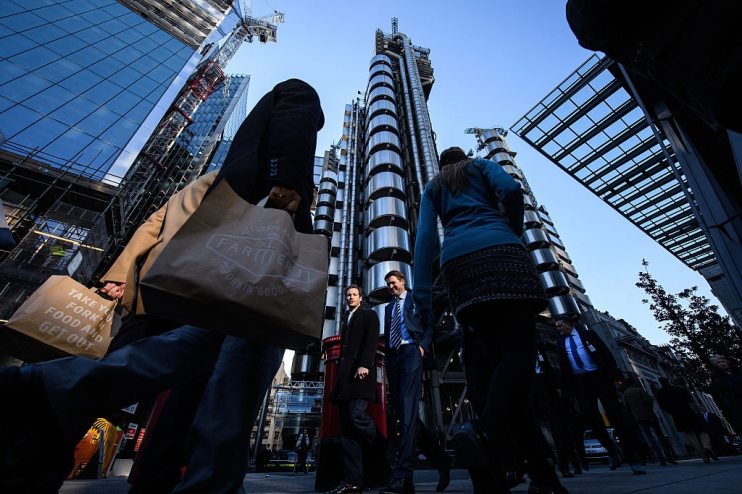Sadiq Khan: London needs more powers to ensure its businesses thrive post-Brexit

Businesses in London are struggling to attract the right talent post-Brexit. To ensure the Square Mile remains the most competitive financial system, London needs more decisional power, writes Sadiq Khan
The key to a successful relationship rests on the ability to listen. There is no substitute for sitting down with people in the know and hearing their view on what works, what doesn’t and what we should be doing that we are not. And it is in that spirit I am meeting with senior leaders in financial and professional services today to discuss the situation London faces.
A combination of Brexit, Covid-19 and inflation has given rise to the most difficult period for our business community in living memory. Meanwhile, the climate emergency and technological revolution mean wholesale reform may be needed in virtually every sector of our economy. As Mayor, my ambition is to ensure London retains its mantle as the most attractive city in the world in which to do business through this period of profound change.
As an example of what City Hall is doing to support businesses, earlier this month, I launched ‘Grow London’ with London & Partners. It’s a new initiative to meet the needs of start-ups and scale-ups in high growth, innovative sectors, such as Fintech, creative industries and life sciences. It’s the most advanced and well-integrated business support programme London has seen.
Businesses need help to prepare for the opportunities of the future, but many also require support when dealing with the legacy of the past. A recurring problem business leaders raise is the difficulty in attracting the right people with the right skills following Brexit. The number of businesses in London experiencing at least one skills shortage has now risen to almost seven in ten. I have been using our adult education budget to help more Londoners get trained in key areas, but plugging the holes left by our departure from the EU is still felt acutely in certain sectors.
The UK should strive for closer trade and economic alignment with our European neighbours. I know that will take time so, as an interim measure, I would like the government to devolve some immigration powers to City Hall. Allowing us to create a regional shortage occupation list in partnership with business would give London the ability to attract and retain talent in the sectors which need it most.
Despite the challenges, this is no time for pessimism. Some of our competitor cities try to write us off as part of their pitch to investors, but reports of London’s demise are greatly exaggerated. With £85bn in economic output annually and more than half a million employees, the Square Mile remains the strongest, most competitive financial district on the planet. And we have no intention of letting our crown slip.
These past few years have been tough, with a government that has made doing business and trade harder, not easier. But our business community has demonstrated immeasurable resilience and determination. My promise in return is that City Hall will continue to be on your side, not in your way. And whether by improving our business programmes, lobbying government or beating the drum for London across the world, I intend to use every lever at my disposal to ensure London remains the number one city to invest in.
When I stood for election, I did so on a pledge to be the most pro-business Mayor ever because I believe that a dynamic economy gives rise to a fairer society. When our economy prospers, so too do our people. The cost-of-living crisis has served as a desperate reminder that the opposite is also true.
Now more than ever, we need every level of government and every size of business working together to build an economy fit for the future, in which our businesses and people thrive. As Mayor, I want London to be an example of how that partnership works for the world to see.
